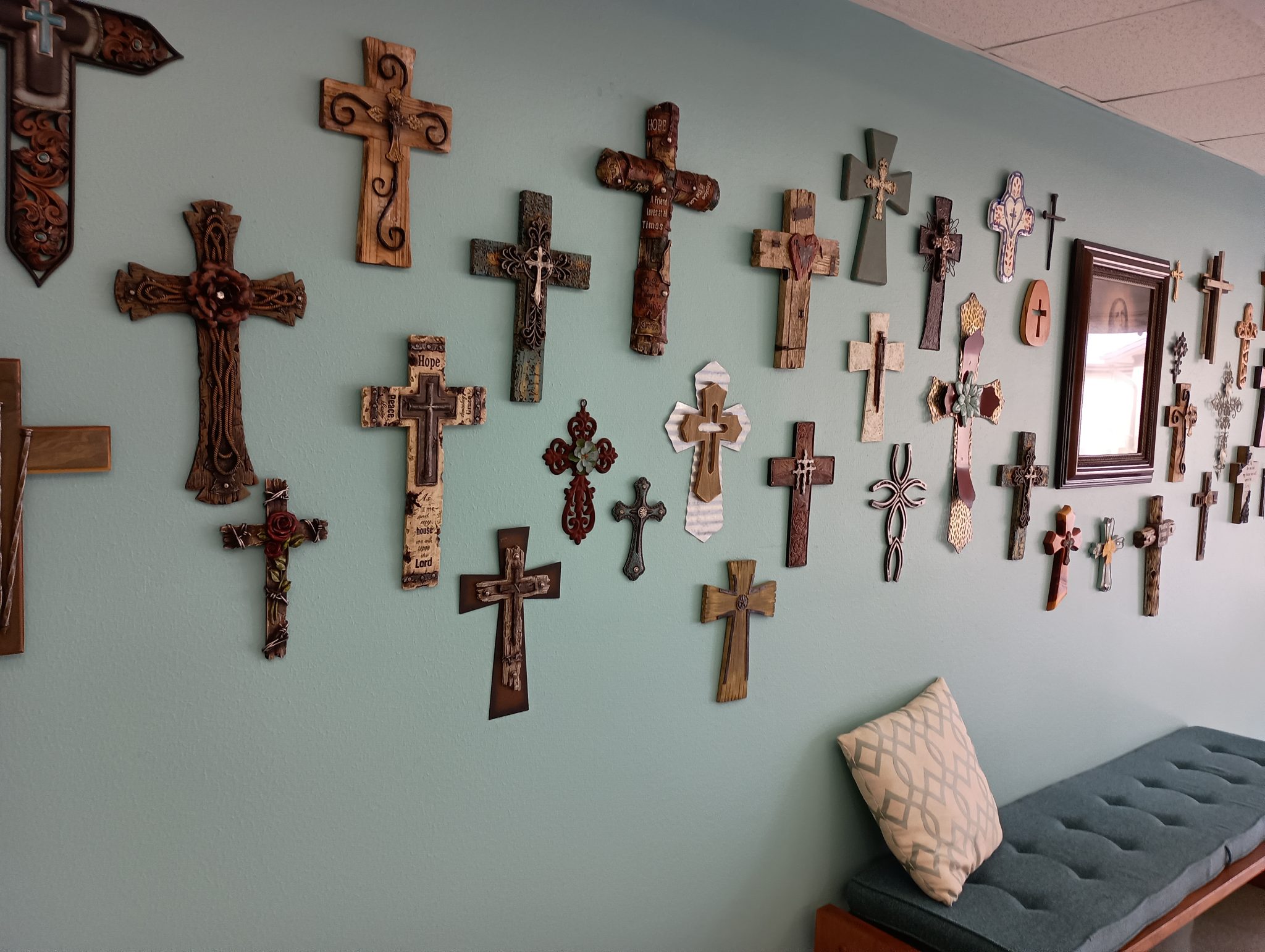Answer The Bible presents a variety of burial practices. In the Old Testament, we see examples of mummification, burning, and burial. Joseph was embalmed in Egypt (Genesis 50:2-3), reflecting Egyptian customs rather than Hebrew practices. Typically in the Old Testament, burning the dead was associated with judgment and disrespect (Joshua 7:25; Amos 2:1; 2 Kings 23:19-20). However in 1 Samuel 31:12-13, fallen soldiers were burned and buried to prevent further desecration by the Philistines. Yet, some form of burial was most common (2 Kings 23:17-18). In the New Testament era, the dead were placed in a crypt/tomb to let decay; afterwards the bones would be collected and put in a special box known as an ossuary within the tomb. Thus, many generations would all be within the tomb.
Cremation has often been associated with pagan beliefs. Cremation is the process of reducing human remains through high-temperature combustion, resulting in ashes. The Ancient Greeks believed it released the soul from the body, and was widely practiced in Roman culture until the rise of Christianity. In Hinduism, cremation is believed to help release the soul from the body for its journey to the afterlife. In Buddhism the practice seen as a way to liberate the spirit from the physical body.
For these reasons, early Christianity adopted Jewish burial customs, which were rooted in the belief in bodily resurrection. This preference contributed to the decline of cremation in the Roman Empire as Christianity spread. The Catholic Church strongly opposed cremation until 1963, provided that the practice did not signify a denial of faith in the resurrection of the body. This change was largely practical. In the 19th century, urban overcrowding and the spread of diseases lead to a revival of cremation in Europe and North America. Further, burial practices have become prohibitively expensive.
When considering burial or cremation, it is important to examine purpose of the funeral from a Christian perspective. First, It serves as a time to mourn the loss of a loved one, offering comfort and support to grieving family and friends. Second, Christian funerals should avoid practices that may resemble pagan rituals and beliefs; even burials can easily acquire non-Christian aspects that counter our faith. Third, the body, even in death, should be handled with dignity as something created by God, as something in which is the temple of the Holy Spirit (1 Corinthians 6:19-20), and as something God will eventually resurrect (1 Corinthians 15:42-44). Fourth, Christian funerals, whether with burial or ashes, should reflect our belief in the resurrection of the body and the hope to come.
In summary, the preference for burial is rooted in biblical tradition and theological considerations. However, cremation is a viable option, provided it is done in a Christian character , with respect for the body, and in a way that witnesses to our faith in the resurrection. Oh yes, if you have preferences for your funeral, I recommend that you write them out, store them where the can be found, and even give a copy to the church office.
© Patrick K Welton
